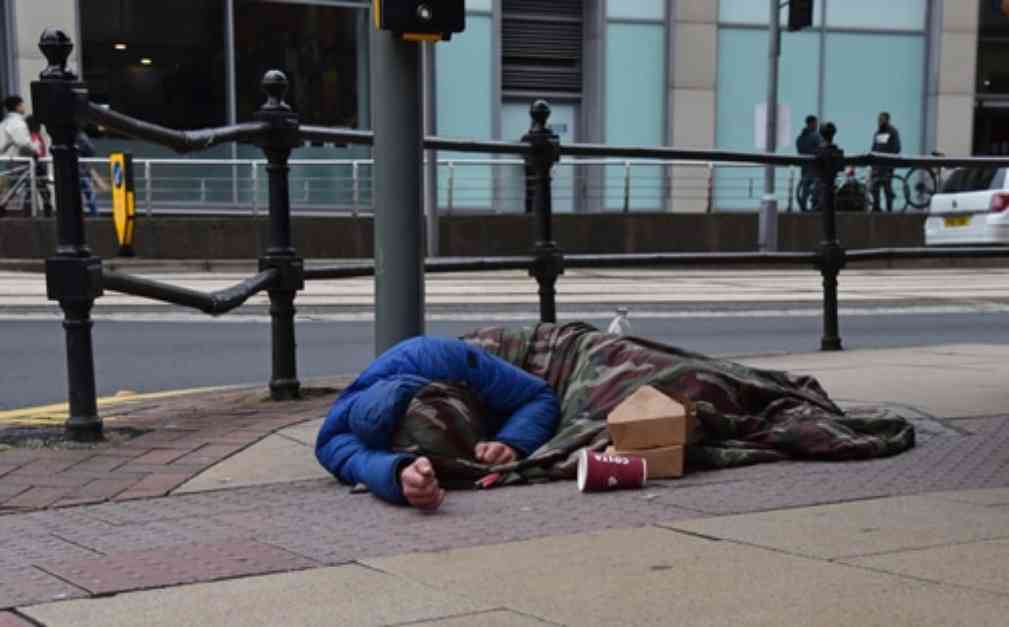Manchester City Council has been making strides in reducing the number of households in temporary accommodation, particularly in the use of B&B-type accommodation for families. The council has deemed this type of accommodation unacceptable and has committed to all but eradicating it. The reduction in B&B usage has been significant, with the number of families in B&Bs dropping from 227 in February 2023 to just seven families by June 2024. This is a stark contrast to the national trend, where the number of households in B&B increased by 63.4% between September 2022 and December 2023.
One of the key areas of focus for the council now is reducing temporary accommodation placements outside the Manchester City Council area. While there has been a small reduction in the number of households temporarily accommodated in other parts of Greater Manchester, from 1,205 in December 2022 to 1,108 in June 2024, the council recognizes that this is still too many. Out-of-area placements can have a negative impact on education, health, and overall welfare of households, highlighting the importance of addressing this issue.
To address the imbalance in temporary accommodation placements within the city, the council is working on increasing the supply of suitable alternative temporary accommodation, especially in central and south Manchester. Historically, such accommodation has been concentrated in the north of the city due to cost considerations. The council plans to enter into longer-term leases for temporary accommodation properties within the Manchester City Council area, with higher rental levels paid in south and central Manchester. This approach is expected to secure hundreds of properties to increase supply.
Additionally, the council is looking to develop self-contained temporary accommodation for families and increase the amount of supported temporary accommodation for single homeless individuals in the south of Manchester. By providing more options closer to support networks, the council aims to better meet the needs of those experiencing homelessness.
Furthermore, the council is exploring the conversion of surplus or disused accommodation it owns for use as temporary accommodation. Examples include a disused children’s home in central Manchester, a former Sure Start center in north Manchester, and a former probation office in Wythenshawe. These properties will be repurposed to provide much-needed temporary accommodation for homeless individuals.
Looking ahead to 2025, additional one-bed flats will be made available in various parts of the city, funded through the Government’s Single Homelessness Accommodation Programme. Caritas House in Newton Heath, owned by charity Caritas Salford, will also contribute 16 units for temporary accommodation starting from this autumn.
In an effort to address the issue of long-term empty homes, a new Empty Homes Team will be established by the homelessness service to bring empty properties back into use, potentially as temporary accommodation. This initiative aims to maximize available resources and provide more housing options for those in need.
Deputy council leader Joanna Midgley expressed optimism about the progress being made in addressing homelessness in Manchester but acknowledged the ongoing challenges. She emphasized the importance of continued efforts and collaboration within the city’s homelessness partnership to ensure that everyone has a place to call home.

